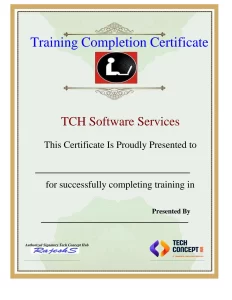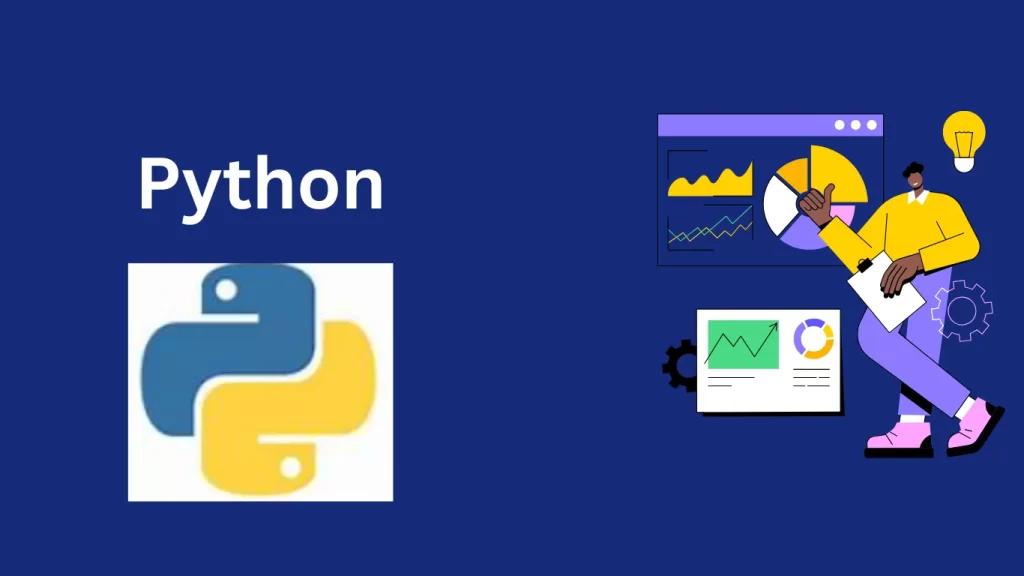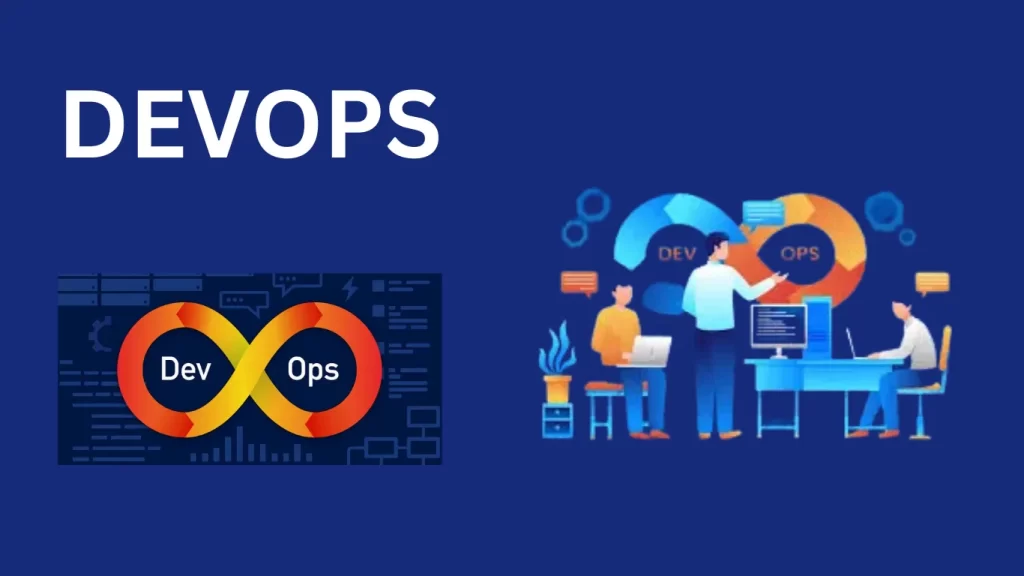Cybersecurity Course Syllabus
Learn Cybersecurity (Application Security)
Information Gathering
- Advanced Search Techniques
Using Google Dorks: Discovering hidden or sensitive information
Finding Subdomains: Identifying subdomains of a target domain.
- Network Scanning & Enumeration
Scanning the Network using Nmap: Network discovery and security auditing
Directory Bruteforcing: Finding hidden directories and files.
Analyzing Response Headers: Identifying backend technologies.
- Historical Data & Code Analysis
Using the Wayback Machine: Finding past versions of websites.
Scanning GitHub: Finding sensitive information like exposed credentials.
- Passive & Active Reconnaissance
Whois Lookup
DNS Enumeration
OSINT (Open-Source Intelligence) Techniques
Introduction to BurpSuite
- Overview of BurpSuite
Importance of BurpSuite in web application security testing.
Understanding BurpSuite’s features for penetration testing.
- Setup and Installation
Step-by-step guide to installing BurpSuite
Understanding Different Features of BurpSuite: Exploring features for effective
penetration testing.
Kali Linux
- Introduction to Kali Linux
Overview of Kali Linux and its role in cybersecurity.
Learning about pre-installed security tools.
Installing Kali Linux on different platforms.
- Essential Kali Linux Tools
Metasploit Framework
sqlmap
commix
john
Web Vulnerability Assessment & API Security
- Introduction to OWASP TOP 10
- Server & Application Misconfigurations
Mail Server Misconfiguration
- Authentication & Authorization Issues
Insecure Direct Object Reference (IDOR)
OAuth & Token-Based Authentication Vulnerabilities
Privilege Escalation
Session Management Issues
JWT Attacks (JSON Web Token)
- Input Validation & Injection Attacks
SQL Injection
Cross-Site Scripting (XSS)
HTML Injection
Local File Inclusion (LFI)
Server-Side Request Forgery (SSRF)
Client-Side Request Forgery (CSRF)
XML External Entity (XXE) Injection
Server-Side Template Injection (SSTI) - Exploiting Business Logic & Application Flaws
Parameter Tampering
Business Logic Issues
Open Redirection
Rate Limiting Bypass
Clickjacking
- File & Command Execution Vulnerabilities
File Upload Vulnerability
Command Injection
- Security Risks in Data Transmission
Cleartext Submission of Critical Information
Cryptography & Secure Communication
- Basics of Cryptography (Symmetric vs. Asymmetric Encryption)
Hashing Algorithms & Attacks (MD5, SHA, Rainbow Tables)
SSL/TLS Security & Certificate Attacks
Social Engineering & Phishing Attacks
- Types of Social Engineering Attacks (Pretexting, Baiting, Tailgating)
Email Phishing & Spear Phishing Attacks
Smishing & Vishing (SMS & Voice Phishing)
Credential Harvesting Techniques
Cloud Security
- Cloud Security Fundamentals
Common Cloud Threats & Misconfigurations
Identity & Access Management (IAM) in Cloud
Bug Bounty / Ethical Hacking / Application Security Career Path
- Introduction to Bug Bounty Programs
Platforms for Ethical Hacking (HackerOne, Bugcrowd)
Writing Effective Vulnerability Reports
Cybersecurity Course Trainer Profile
Our Cybersecurity course trainer has 7 years of industry experience and currently working as a senior cybersecurity engineer in a leading MNC. Passionate about sharing his knowledge, he is delivering practical training in cybersecurity. His practical, hands-on approach ensures students gain valuable experience by working on real-world cybersecurity challenges.
This Cybersecurity Course is designed to give you practical exposure and launch your career in cybersecurity.
Key Highlights of our Cybersecurity Course
Hands-On Learning
We emphasise practical exercises and projects that allow you to properly apply your knowledge in real-world scenarios.
Industry-Relevant Tools
Gain proficiency in industry-standard cybersecurity tools, ensuring you are well-prepared for the job market.
Resume Building & Placement Assistance
We help our students in making professional resume as per industry standards. We provide 100% placement assistance.
Interview Preparation
Learn to handle interview. We prepare our students for interviews through interview focused sessions and mock interviews.
What makes Tech Concept Hub best institute for Cybersecurity course?
Cybersecuity is an exciting field but it’s challenging too. With rise in internet and AI, protecting the IT infrastructure has become very critical. Job opportunities in cybersecurity field is increasing. But at the same time, companies can not compromise with their IT security hence they want to hire talented professionals. For a fresher, this poses a challenge to get into cybersecurity job role.
This is exactly where Tech Concept Hub comes in. We provide deep exposure to students through practical training. Students are able to apply their concept in lab which gives them better understanding of real-world cyber threats and how to prevent them.
Our training program is designed to ensure that even someone without any prior knowledge in cybersecurity is able to learn and move to advance level. In order to increase employability of our students, we have mapped our syllabus with industry demand. This cybersecurity program is capable of kick starting your career in the field of cyber security.
Overview of Cybersecurity
What are the job roles after completing cyber security course?
After completing the Cybersecurity Course, a fresher can apply for various entry-level cybersecurity roles. The skills learned in the course will open opportunities in ethical hacking, penetration testing, security analysis, and compliance. Below are some potential job roles:
- Cybersecurity Analyst
- Penetration Tester (Ethical Hacker)
- Application Security Engineer (Entry-Level)
- Security Operations Center (SOC) Analyst
- Network Security Engineer (Entry-Level)
- Cloud Security Associate
- IT Security Auditor / Compliance Analyst
- Bug Bounty Hunter / Freelance Security Researcher
What is the prerequisite to learn cyber security?
Anyone with some background of IT or computer science can enroll in cybersecurity course.
Cybersecurity is a technical domain and hence some background of computer science does help in understanding cybersecurity concepts properly. You don’t need to be a computer science expert but basic knowledge is a must. This program is most suitable for students of computer science who want to learn cybersecurity and get internship certificate also.
What is the salary offered to a fresher in cyber security?
As a Junior Data Analyst, your salary will depend on factors like location, industry, company size, your skills, certifications, and prior experience (if any). Here’s a breakdown of the typical salary expectations for a junior data analyst:
- Entry-Level (0–2 years of experience): ₹3,00,000 – ₹5,00,000 per annum.
- Top-Tier Companies or Skilled Freshers: ₹5,00,000 – ₹7,00,000 per annum.
How much coding knowledge is needed to learn cyber security?
Prior knowledge of SQL does help a lot.
Basic IT skills like coding does help in analyzing.
I am from computer science background, should I choose Data analyst, DevOps or Cyber security for career?
Data analyst is suitable for someone who want to get into Machine learning & artificial intelligence. Person has to be good with mathematics. It’s a combination of mathematics and IT. Domain knowledge is very important to become successfully data analyst.
DevOps is about software development process and deployment mechanism. It’s suitable for those who are good with programming and enjoy working with technical tools like Ansible, Docker, Kubernetes etc.
Cybersecurity is about securing the IT system from attackers. Cybersecurity is very very important for companies, its non-negotiable. Hence cybersecurity professionals command higher in job market. A cybersecurity professional has to be good with networking concepts and vulnerability concepts. Here you are not writing programs rather you find out loopholes to break into programs and IT systems.
I want to change my career from software testing to cyber security, what can I do?
If you want to change your career from software testing, then there are two good options. Either you do DevOps or you do Cybersecurity. Both career options are equally good and cybersecurity professionals command higher salary.
Can I learn cyber security without any prior networking knowledge?
If you don’t any prior networking knowledge, then don’t worry. Networking concepts is covered in our cybersecurity course.
What are important certifications in cyber security?
After completing a Cybersecurity course in Pune, you can pursue a few key certifications to strengthen your CV. Here are some simple and impactful ones:
Microsoft SC-900: Security, Compliance & Identity Fundamentals
CompTIA Security+
Certified SOC Analyst (CSA)
Certified Ethical Hacker (CEH)
Certified Penetration Testing Professional (CPENT)
Cybersecurity Course with Internship Certification
Certificate in Cybersecurity increases the value of your resume. We provide internship certificate only after successful completion all projects and assignments.
Tech Concept Hub is having highest rating on Google among all training institutes in Pune. Companies across Pune and outside accept certification by Tech Concept Hub.




